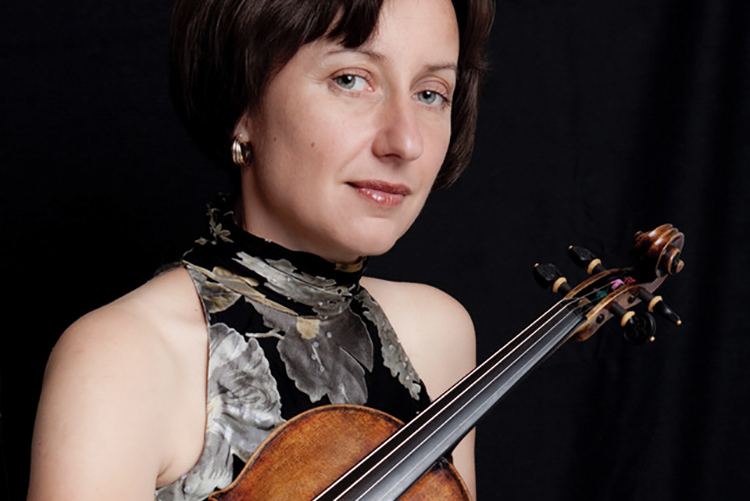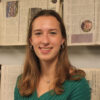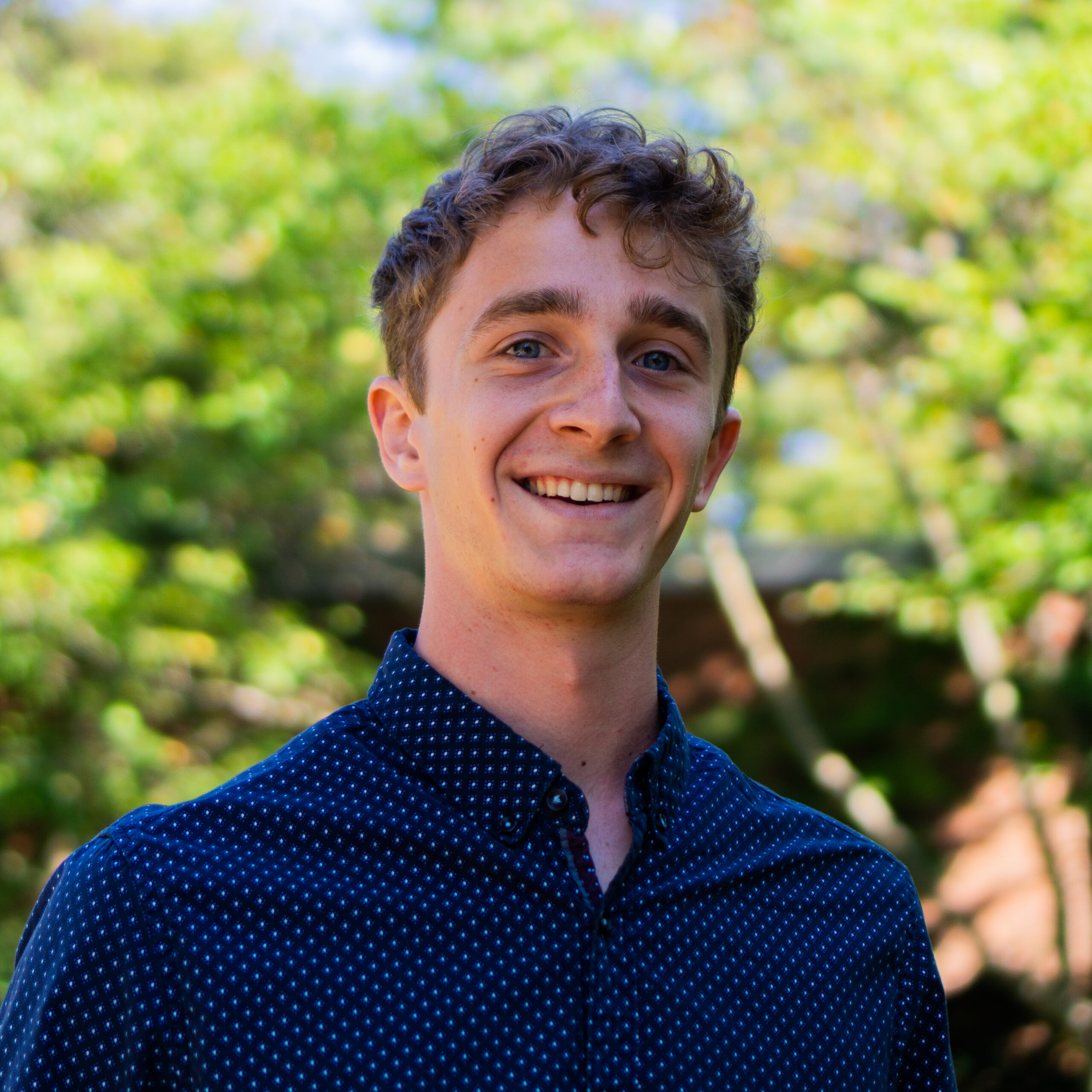The Russian invasion of Ukraine has intensified in the last couple of weeks; while thousands of miles away, the conflict is not as far removed from Goshen College as it may appear.
Solomia Soroka, GC professor of music and a world-renowned violinist, grew up in Ukraine and has family currently living there. Her sister, Ustyna, is a professor of ceramics at a Ukrainian college and lives in Lviv, Ukraine, where they grew up. Ustyna now volunteers to make nutritional bars for soldiers and help protect the city’s art in case of bombings. Ustyna’s children — Solomia’s niece and nephew — flew to the United States by themselves last Friday to live with Solomia while Ustyna stays in Ukraine.Soroka was taken aback by the current escalation, but said that in hindsight, it was probably “an inevitable war,” given Russia’s history of aggression and claiming Ukrainian territories.
She described growing up in Ukraine with a long history of Russian oppression. Both of her grandparents spent over 25 years in Soviet prison, and her grandfather died in prison, never to be seen again. She described her parents as dissidents. Her father, a famous artist, was prevented from exhibiting his work for 30 years and frequently interrogated by the KGB, the former Russian secret police.
In school, Soroka said she knew that “all the history [they] were taught by the Soviets was a lie.” Her Ukrainian language was suppressed and Russian promoted instead. Despite these hardships, Soroka emphasized that they were a mere “normality” for her family; she was still able to “learn [the] violin, go skiing … and take vacations,” all comprising a childhood full of “much love and happiness.”
Alena Morgunova-Miller is a junior Spanish education major whose mother is from Ukraine. She has uncles and cousins living in the country and said it has been challenging for them to decide whether to leave or stay. “All men 18-60 are required to stay in the country, so people have to decide whether to stay in the country or separate,” Morgunova-Miller explained.
Morgunova-Miller highlighted the importance of remembering the bias Americans hold towards the conflict. “We shouldn’t feel like we’re saving Ukraine or something, because we need to remember that the U.S. is an empire just like Russia.”
This weekend, Morgunova-Miller and her brother, who is in high school, will be performing a Ukrainian lullaby at the International Student Club Coffeehouse in celebration of Ukrainian culture and to lift up all who are afflicted by violence around the world.
Another campus connection to the Ukraine conflict relates to GC’s Mennonite founding. The namesakes of the Kratz and Miller Residence Halls are Clayton Kratz and Orie Miller, two Mennonite Central Committee relief workers who were sent to Halbstadt, Ukraine to assist those impacted by the Russian Civil War. Kratz was eventually arrested by authorities who suspected him of serving as a spy and was likely executed.
As the conflict has unfolded, President Rebecca Stoltzfus has led an effort to support all of GC’s students, faculty and staff who have been uniquely affected. Along with a recent prayer service held for Ukraine, she chose to open the recent employee forum with specific prayer concerns from the three Ukrainian campus employees: Solomia Soroka, as well as Olga and Natalya Demchuk, two workers at the Physical Plant.
“We try to make sense of things, and [yet] this one seems to be profoundly senseless,” reflected Stoltzfus. “Our tradition, our theology, would compel us to look at that situation with the most creativity and compassion and courage as possible, just to ask what kind of resistance can result in the least amount of vengeful violence.”
Regina Shands Stoltzfus, professor of peace, justice, and conflict studies, also reflected on how to think about the conflict from a pacifist perspective: “It’s not our place to tell others how to be pacifist … if we haven’t been tested in our pacifism.” This conflict provides a “humbling reminder for the pacifist community,” said Shands Stoltzfus. “How would it hold up in practice?”
President Stoltzfus encouraged students to use this moment as an opportunity to learn about the complex geopolitics and history of Ukraine that has led to the recent turmoil. Shands Stoltzfus agreed, saying that “context matters,” and we should be “students of history” as we try to understand the complexities of violence and what led to it.
For those feeling overwhelmed by the onslaught of news about the conflict, Stoltzfus suggested focusing on stories of hope and service. “There’s a great deal of evidence that acting as a helper is an act of health and healing for ourselves as much as it is for the world.”
As a musician, Soroka said, “my profession sometimes feels useless … how can I help with music?” She reflected that her music and benefit concerts that she is hosting can provide “food for the soul” — but for people who are fighting, “they don’t have time for that … it’s really for us,” those removed from the conflict.
“I believe that Ukraine will win,” Soroka said, “and then the food for the soul will be needed.”
Anyone interested in giving financially to Ukrainians in need can consider donating to the relief fund of GC’s Anabaptist sister college, LCC International University in Lithuania, or to Mennonite Central Committee, which has local partners on the ground in Ukraine.
Read more about GC’s response to the Ukraine crisis in Alena Morgunova-Miller’s opinion piece.




